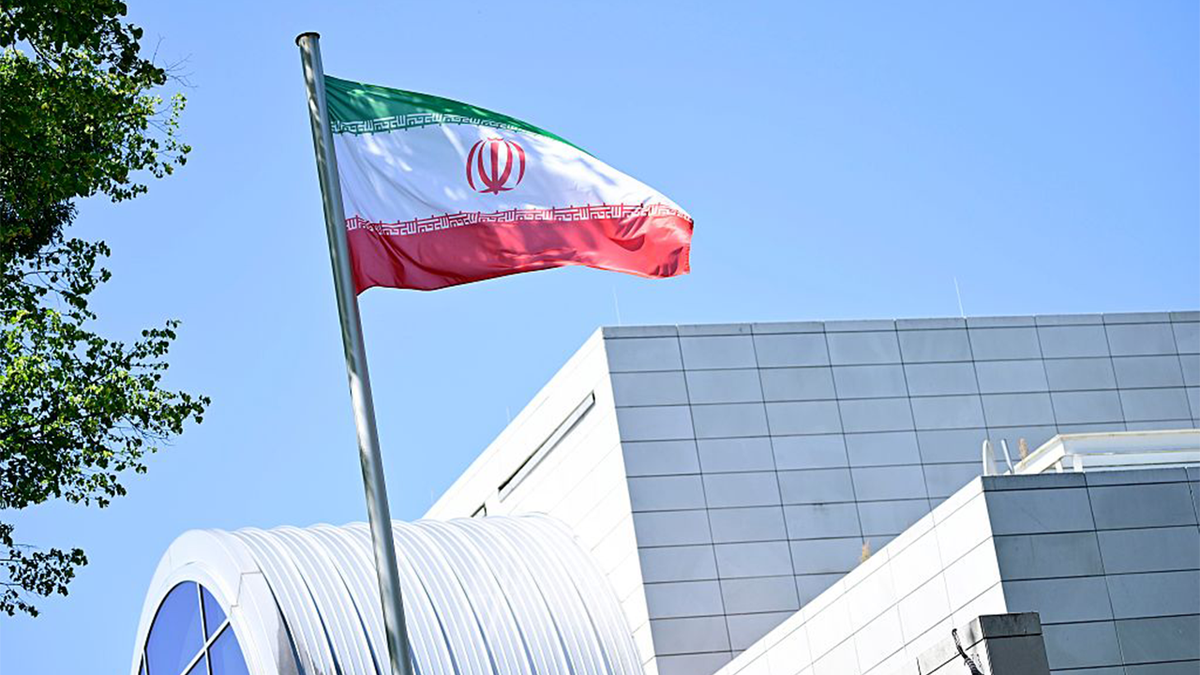Articles in this Cluster
02-07-2025
Iranian Foreign Minister Abbas Araghchi said talks with the U.S. are unlikely to resume quickly following American strikes that severely damaged several Iranian nuclear sites and a brief Iran-Israel conflict. He insisted diplomacy remains possible but demanded assurances the U.S. won’t attack during negotiations. Araghchi said Iran can repair its facilities and views its nuclear program as a matter of national pride, signaling enrichment could continue. He questioned the legality of future U.S. strikes and said Iran is prepared to defend itself. Disputes continue over the extent of damage from the strikes, while U.S. and Israeli leaders plan further consultations.
Entities: Abbas Araghchi, Iran, United States, Israel, Iranian nuclear program • Tone: analytical • Sentiment: negative • Intent: inform
02-07-2025
German and Danish authorities said a Danish national, identified as Ali S., was arrested in Aarhus for allegedly collecting information on Jewish sites and individuals in Berlin on behalf of Iranian intelligence. Prosecutors say he surveilled three locations in June, including the German-Israeli Society headquarters and a site linked to Josef Schuster, potentially preparing for attacks. He will be extradited to Germany to face an investigating judge. Germany summoned Iran’s ambassador and increased security at Jewish and Israeli locations amid heightened tensions following recent Israel-Iran conflict. Iran’s embassy denied the claims as politically motivated. German officials and Jewish organizations urged stronger action against Iran and for the EU to designate the IRGC as a terrorist group.
Entities: Ali S., Iranian intelligence, German-Israeli Society, Josef Schuster, Germany • Tone: urgent • Sentiment: negative • Intent: inform
02-07-2025
Iran’s deputy foreign minister Abbas Araghchi said “the doors of diplomacy will never slam shut” after recent U.S. airstrikes, signaling openness to talks but insisting Iran needs assurances the U.S. won’t strike during negotiations. Analyst Behnam Ben Taleblu said Tehran uses diplomacy to buy time when weakened. Trump claimed U.S. strikes “destroyed” parts of Iran’s nuclear program and suggested possible talks or a statement renouncing nuclear ambitions, but later clarified he personally is not talking to Iran; the White House said communications continue via envoy Steve Witkoff. Satellite images show significant damage to Iranian nuclear sites.
Entities: Iran, United States, Abbas Araghchi, Donald Trump, Behnam Ben Taleblu • Tone: analytical • Sentiment: neutral • Intent: inform
02-07-2025
Rear Adm. Ali Shamkhani, a top Iranian official and adviser to Ayatollah Ali Khamenei who was widely presumed killed in Israel’s June 13 strikes on Iran, reappeared in public at a Tehran funeral, walking with a cane and looking frail. His penthouse had been hit in the opening phase of a 12-day conflict that Israel said targeted nuclear and military infrastructure; Iran says at least 935 people died. In a state TV interview, Shamkhani described surviving three hours under rubble, sustaining serious internal and chest injuries and hearing damage. A key figure in Iran’s security establishment and past nuclear talks, he claimed he knew why Israel targeted him and said he had contributed to “making Israel miserable,” while dismissing prior nuclear negotiations with the U.S. as a prelude to attacks. The U.N. nuclear watchdog says it has no evidence Iran is building a bomb but notes Iran’s large stockpile of highly enriched uranium.
Entities: Ali Shamkhani, Ayatollah Ali Khamenei, Israel, Iran, Tehran • Tone: analytical • Sentiment: negative • Intent: inform
02-07-2025
After U.S. airstrikes on Iranian nuclear sites, officials warned of possible Tehran-directed sleeper cell attacks. Yet recent U.S. cases suggest Iran often outsources plots to criminals rather than using trained operatives inside the United States. Attempts allegedly included hiring an Afghan intermediary who recruited two ex-inmates to assassinate Donald Trump in 2024, efforts to kill former national security adviser John Bolton, contracting Russian mob hit men to target activist Masih Alinejad, enlisting a Canadian Hells Angel for an Iranian defector, and a 2011 plan using supposed Mexican cartel assassins against the Saudi ambassador. While Hezbollah has historically placed operatives in the U.S. and a few trained members have been arrested for surveillance of targets, experts say many recent plots look like “C-team” work, reflecting either deniability aims or capability gaps. Concurrently, Homeland Security highlighted arrests of Iranians in the U.S. for immigration violations, prompting concerns from civil libertarians about conflating immigration enforcement with terrorism absent proof. Analysts warn the threat—whether directed by Tehran, via proxies, or by inspired lone actors—remains serious despite moments of de-escalation.
Entities: Iran, U.S. airstrikes on Iranian nuclear sites, Donald Trump, John Bolton, Masih Alinejad • Tone: analytical • Sentiment: neutral • Intent: inform
02-07-2025
Reza Pahlavi, the exiled son of Iran’s last shah, is positioning himself as a leader for a potential transitional government, calling for the overthrow of the Islamic Republic and promoting a vision of a free, democratic, and economically dynamic Iran. He has intensified his public campaign amid the Israeli-Iranian conflict, framing the moment as an opportunity for regime change and appealing to Iranians to rise up. While popular among the diaspora and known in Western capitals, his actual support inside Iran is uncertain. His alignment with Israel and history of foreign backing carry political risks, and opposition groups remain divided over his role, though some non-monarchists view him as a possible unifying figure. He distances himself from his father’s authoritarianism while praising the Pahlavi era’s modernization and women’s rights.
Entities: Reza Pahlavi, Islamic Republic of Iran, Iranian diaspora, Israel, transitional government • Tone: analytical • Sentiment: neutral • Intent: inform
